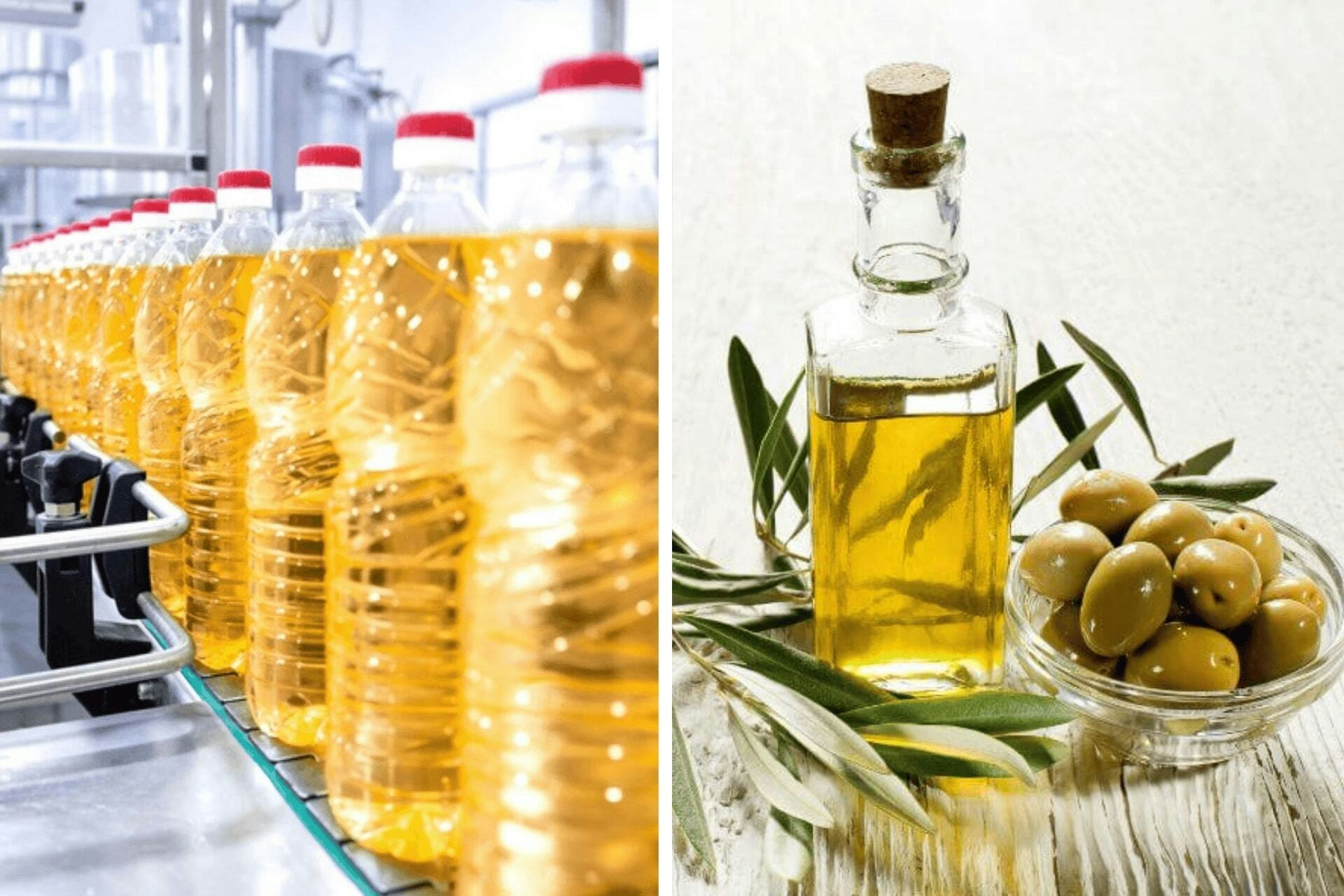Cooking oils are a staple in kitchens around the world, used in everything from everyday meals to special recipes. In recent years, there has been growing interest in understanding how different oils may affect long-term health, including potential links to cancer.
Learning more about cooking oils and their possible effects can help you make informed choices in the kitchen. This article explores what experts say and offers practical insights for healthier cooking.
The Link Between Cooking Oils and Cancer
Research into cooking oils and cancer risk is ongoing, and while no single oil has been definitively linked to cancer, studies suggest that certain oils and cooking practices may influence processes in the body that affect long-term health.
Scientists have highlighted several potential mechanisms, including oxidative stress, inflammation, and the formation of compounds that may become harmful when oils are exposed to high heat.
These processes can, over time, affect cellular health and bodily function, though the exact impact on cancer risk remains under investigation.
Seed oils — commonly used vegetable oils such as soybean, corn, and sunflower oil — have received particular attention, especially when highly processed or repeatedly heated ❶.
Experts note that these oils can be more prone to breaking down at high temperatures, which may increase the formation of unstable molecules. The way oils are used in cooking, including cooking temperature, frequency of reuse, and duration of heating, can influence their stability and potential effects on health.
Oils Under the Spotlight
Certain oils have drawn attention from experts due to their chemical composition and how they react during cooking. High-heat vegetable oils — like soybean, corn, and sunflower — are widely used for frying because of their neutral flavor and availability, but repeated exposure to high temperatures can reduce their stability.
Processed and refined oils may undergo chemical treatments and high heat during production, which can strip natural antioxidants and make them more prone to oxidation when cooked ❷❸.
Reusing these oils multiple times can further accelerate the formation of compounds such as polycyclic aromatic hydrocarbons (PAHs). Some PAHs are classified as carcinogenic to humans. Regular or elevated exposure is linked with increased risk of certain cancers as well as other adverse health outcomes ❹.
Adulterated oils, or oils mixed with cheaper or lower-quality varieties, can be unpredictable in their chemical behavior when heated. For example, extra-virgin olive oil diluted with seed oils to cut costs may not perform the same at high temperatures and can degrade faster than pure oils.
Similarly, some commercially labeled “sunflower” or “peanut” oils may contain blends of multiple seed oils, which can alter smoke points and stability.
What Experts Recommend
Although studies on cooking oils and long-term health continue, small, mindful changes in the kitchen can reduce potential risks and make cooking healthier.
One helpful approach is to choose oils with higher smoke points for frying. Oils such as algae cooking oil, avocado oil, refined olive oil, or high-oleic sunflower oil remain stable at high temperatures, which reduces the formation of unstable compounds during cooking.
Another strategy is to consider alternatives to traditional seed oils. For example, algae cooking oil is seed-oil free and can withstand very high heat (up to 535 °F), making it a versatile choice for frying or sautéing.
Beef tallow is another stable option for high-heat cooking, handling temperatures around 400 °F, while coconut oil works well for lower-heat applications up to 350 °F. These options provide stability and flavor while reducing reliance on highly processed seed oils.
Finally, it’s important to avoid reusing oils multiple times. Each heating cycle can break down the oil and increase the formation of reactive compounds. Using fresh oil for each cooking session helps maintain stability and further reduces potential risks.
The Bottom Line
Choosing the right cooking oil and cooking methods may influence long-term health. High-smoke-point oils, combined with avoiding repeated reuse, can help reduce exposure to compounds linked to potential cancer risk while keeping meals flavorful.
For a versatile, seed-oil free option, Algae Cooking Oil from Algae Cooking Club handles very high heat and works well for a variety of cooking methods.




